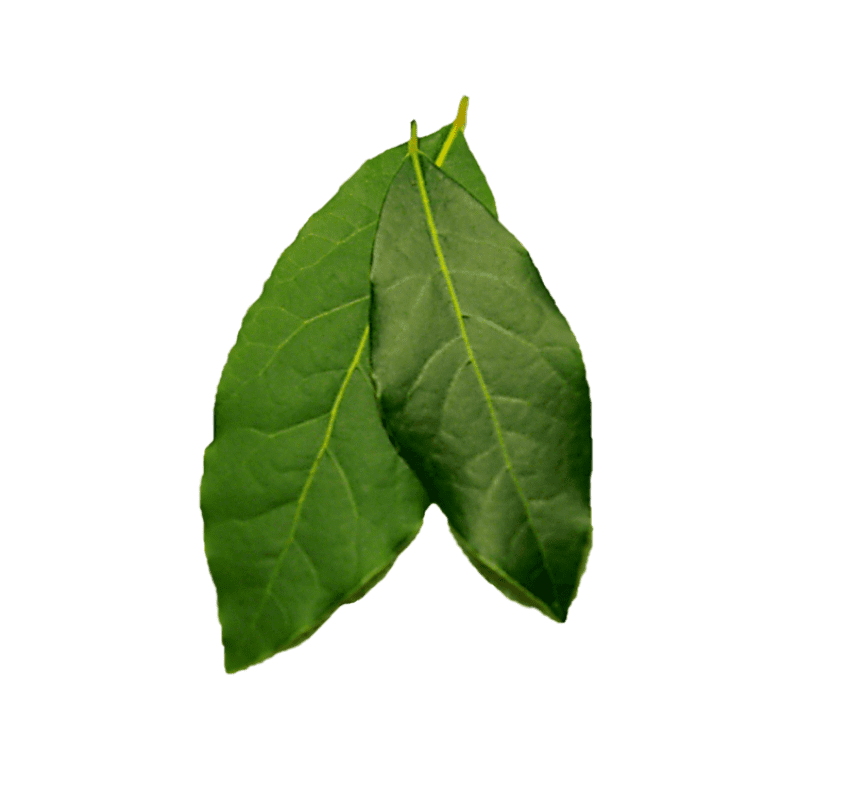Ayurvedic Treatment for PTSD
Post-traumatic stress disorder, or PTSD, is one of the many mental difficulties they encounter and can be quite crippling. Military personnel frequently see horrific experiences, dangerous situations, violent acts, and atrocities while on deployment, which puts their core convictions about the world and humanity to the test. The core of the trauma is this crippling challenge to one’s worldview, which anyone can go through in a very stressful scenario. Let’s look at how Ayurvedic Treatment for PTSD deals with it.
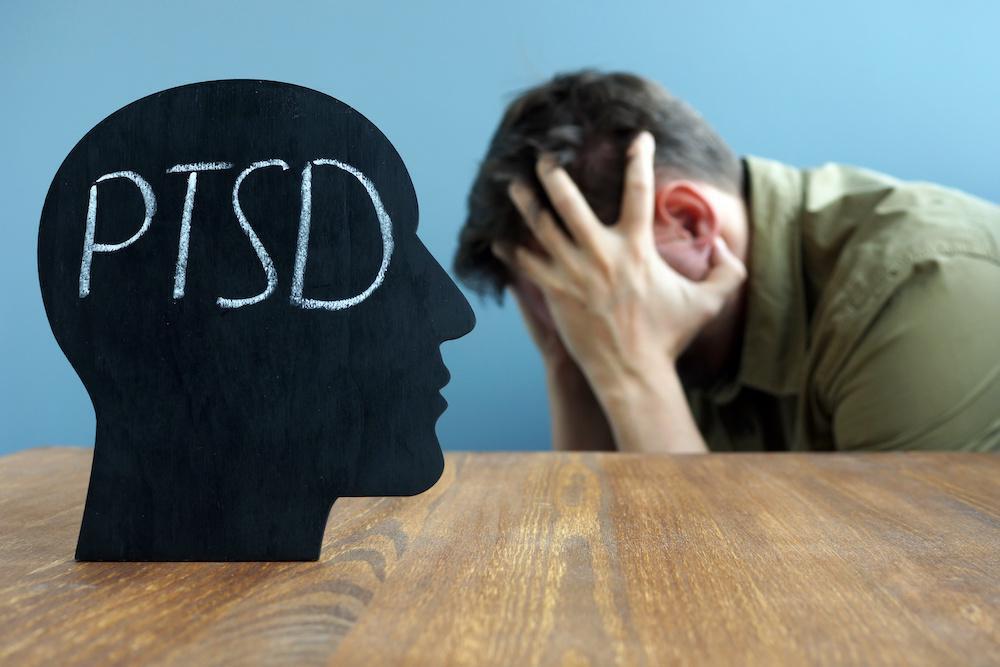 After the Vietnam War, PTSD diagnosis became possible. Because mental illness was still stigmatized at the time, its effects were minimized. It was only defined as shell shock or war exhaustion. Gen. George Patton famously labeled PTSD as “cowardice.” After serving in Vietnam, nearly 700,000 soldiers needed assistance with their PTSD symptoms. There was a prior misconception that only “weak-willed” troops experienced PTSD. Later, a deeper understanding of the relationship between traumatic events and their lasting psychological repercussions resulted from diagnostic advancements and research on Post-Vietnam syndrome. The foundation of emotional well-being, according to Ayurveda, is the capacity to manage stress. Mental health is a vital and fundamental part of wellness.
After the Vietnam War, PTSD diagnosis became possible. Because mental illness was still stigmatized at the time, its effects were minimized. It was only defined as shell shock or war exhaustion. Gen. George Patton famously labeled PTSD as “cowardice.” After serving in Vietnam, nearly 700,000 soldiers needed assistance with their PTSD symptoms. There was a prior misconception that only “weak-willed” troops experienced PTSD. Later, a deeper understanding of the relationship between traumatic events and their lasting psychological repercussions resulted from diagnostic advancements and research on Post-Vietnam syndrome. The foundation of emotional well-being, according to Ayurveda, is the capacity to manage stress. Mental health is a vital and fundamental part of wellness.
Given that Ayurveda places a strong emphasis on fully maximizing bodily, psychological, and spiritual well-being, this goes well beyond the paradigm of the simple absence of sickness. The foundation of Ayurveda is its enlightened view of treating the body and mind as one unit and its integrated approach to both disease prevention and treatment.
The three Manogunas, or basic attributes of the mind, are described by Ayurveda. The Tridosha idea is related to this. Rajas and Tamas are the Manodoshas, or mental vitiators, of the Manogunas. Along with inappropriate diet, an unhealthy lifestyle, and stress, the imbalance of these two Manodoshas has an impact on the mind and contributes to mental imbalance. The five senses are used by Manas (the mind) to perceive information, whereas the Doshas—Vata, Pitta, and Kapha—and the Manogunas are
interconnected and mutually supportive.
Symptoms of PTSD can be categorized as:
● Through intrusive memories of the incident, hallucinations, flashbacks, and nightmares, the experience is relieved. When these traumatic memories are brought up, they become quite upset. Re-experiencing symptoms can be brought on by words, objects, or situations that bring the incident back in memory.
● Avoiding locations, people, circumstances, and activities that bring up the trauma and leaving oneself emotionally numb. Detachment and social isolation may result from these negative emotions, such as persistent feelings of guilt or shame, difficulty remembering some details of the event, and incorrect attitudes about oneself.
● Increased arousal and reactive symptoms such frequent emotional outbursts, impulsive behavior, trouble focusing, being jumpy or quickly startled, trouble falling asleep, and being easily agitated. Physical symptoms such as elevated blood pressure, fast breathing, nausea, and muscle tension may also be present.
● Functional impairment, depressive episodes, anxiety, alcohol addiction, and even feeling suicidal are all prevalent symptoms of PTSD among veterans.
As per Ayurvedic treatment for PTSD, witnessing unpleasant or frightening situations, such as loud noises, can develop PTSD and result in a warped synergy of the visual and aural senses. Intellectual blasphemy is defined as wrongdoing that involves the mind, the body, and the speech, such as physical harm, torture, terror, worry, and harsh language. This starts a complicated sequence of vitiation to the Doshas, including the psychological Manodosha and the physical Shareera Dosha, which presents as PTSD
Ayurvedic treatment for PTSD adopts a comprehensive approach by focusing on numerous health issues and creating a personalized treatment strategy for each patient. Each person’s manifestation of Manovikara (mental illnesses) and its origin are distinct. Ayurveda treatment in Kerala for PTSD offers a wide range of treatment approaches, including herbal preparations, Panchakarma, nutrition, yoga, exercise, and daily routines, which enhance general health while also addressing a person’s spiritual well-being, to restore the lost clarity of mental channels.
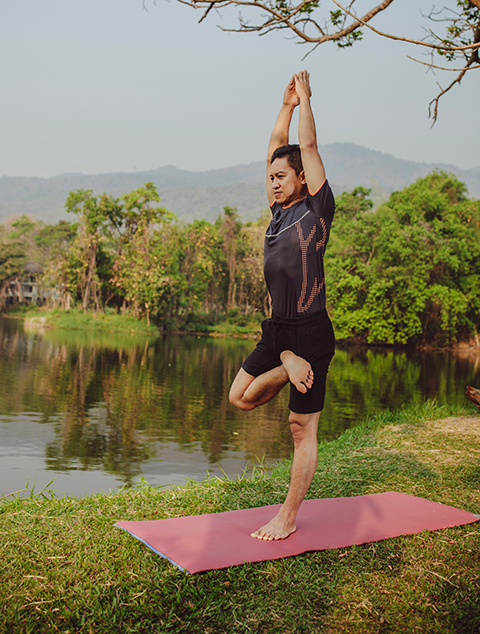
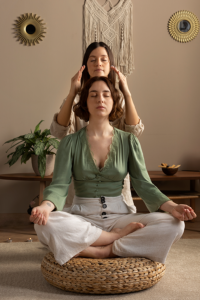 Nutrition is crucial for maintaining good physical and psychological health as well as for maintaining the appropriate operation of our senses. As per Ayurvedic treatment for PTSD, unhealthy eating patterns and eating disorders associated with stress have been linked to PTSD and other mental health illnesses, which can eventually have an influence on physical health. Vata Pradhana is caused by manovikaras that emerge as a result of anxiety and anguish. Tridosha Dushti, the vitiation of the Tridoshas and Vata Dosha in particular leads to happiness, creativity, and favorable mental abilities. When out of balance, it causes feelings of sadness, dread, and anxiety and suppresses the Agni, or digestive fire. Ayurvedic Treatment for PTSD says, traditional Ayurvedic herb brahmi is well known for its capacity to nourish the brain. It fosters a serene state of tranquility that is extremely helpful for stress and trauma.
Nutrition is crucial for maintaining good physical and psychological health as well as for maintaining the appropriate operation of our senses. As per Ayurvedic treatment for PTSD, unhealthy eating patterns and eating disorders associated with stress have been linked to PTSD and other mental health illnesses, which can eventually have an influence on physical health. Vata Pradhana is caused by manovikaras that emerge as a result of anxiety and anguish. Tridosha Dushti, the vitiation of the Tridoshas and Vata Dosha in particular leads to happiness, creativity, and favorable mental abilities. When out of balance, it causes feelings of sadness, dread, and anxiety and suppresses the Agni, or digestive fire. Ayurvedic Treatment for PTSD says, traditional Ayurvedic herb brahmi is well known for its capacity to nourish the brain. It fosters a serene state of tranquility that is extremely helpful for stress and trauma.
According to Ayurvedic treatment for PTSD, since opposites attract, a Vata-calming diet and lifestyle, together with the appropriate use of body and herbal remedies, will lead to an improvement in mental health. Maintaining a healthy diet and daily routine is a practical, affordable, and simple strategy to reduce the stress caused by PTSD. No matter what has happened in the past or what is going on in our lives right now, setting up a proper routine with enough time to practise exercise, spiritual activities, and rest can help us prioritize ourselves and automatically help in calming our mind. There are numerous Ayurveda treatment for PTSD talks of techniques that can aid with PTSD since they completely relax the mind and body while also calming and soothing your senses.
Ishani Ayurveda, the best in industry situated in Kerala, India believes that recovery from post trauma and healing its impact on one’s life are ongoing challenges for persons with PTSD. Ayurvedic treatment for PTSD says that ayurveda is a whole system with many tools to help create a window of resilience through many easy-to-do yet powerful techniques to calm the entire system. The Vedic approach enables those who are suffering to rebuild their life in the hopes of laying a new foundation for health and opportunity.
Dr. Sinu K John
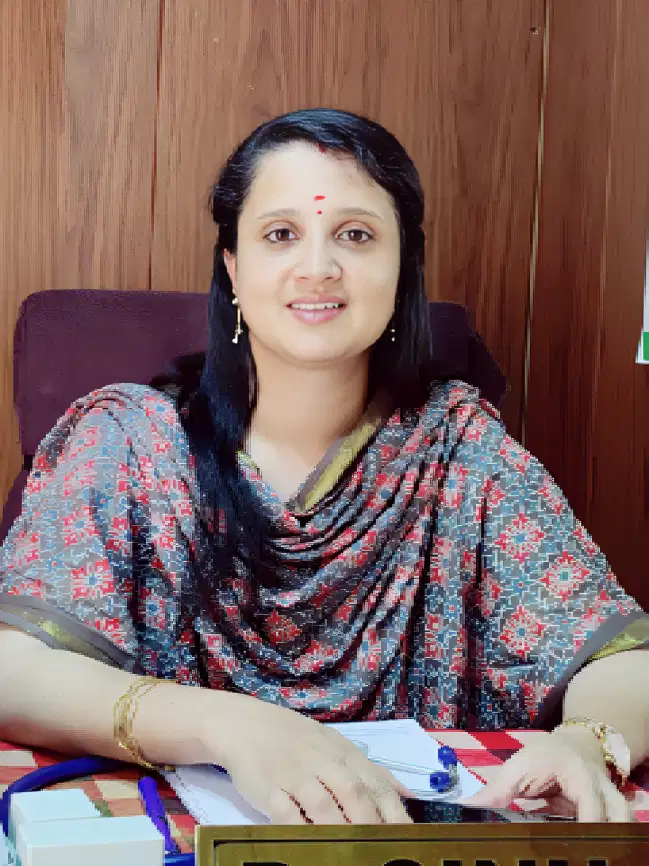
Dr. Sinu K John graduated Bachelor’s degree in Ayurvedic Medicine and Surgery. She holds a Master’s degree in Ayurveda Panchakarma. She is a qualified Yoga Instructor and has been teaching Ayurveda and Yoga for more than 10 years. She is specialized in women and infant health, infertility, skin care and natural beauty treatments. She is a Health Educator, passionate about health and fitness. Vast experience in handling clients of all age groups both national and international. She is specialized in Lifestyle Medicine, providing a holistic approach to medicine. Her philosophy of healing revolves around Diet, Yoga, Meditation, Detoxification, Nutrition & Effective Stress Management & Obesity.
